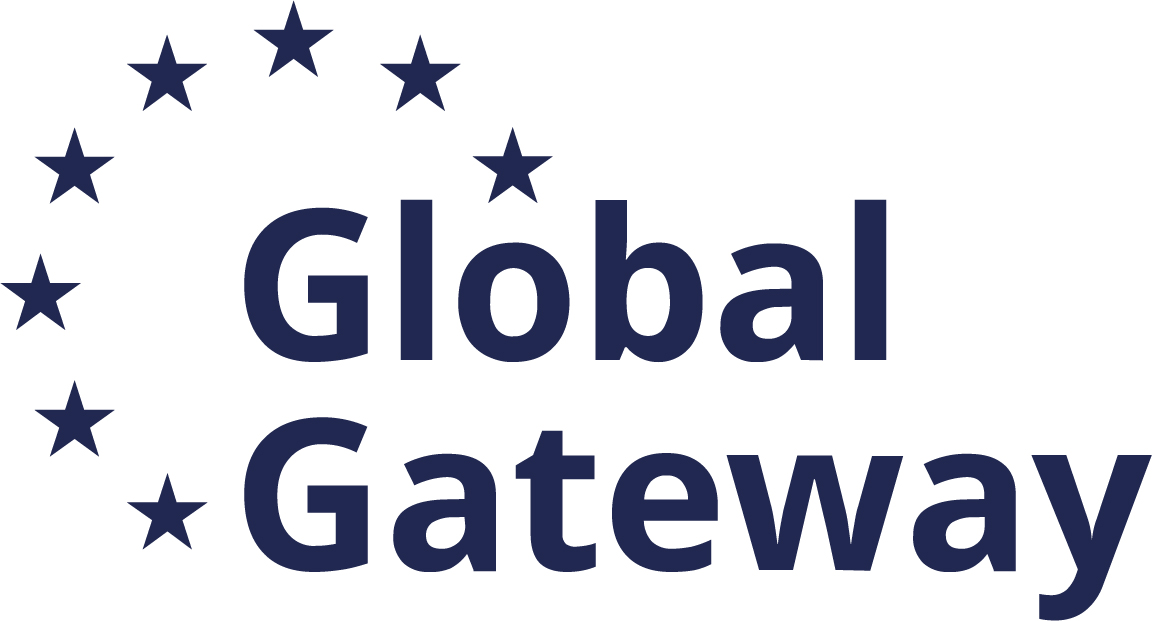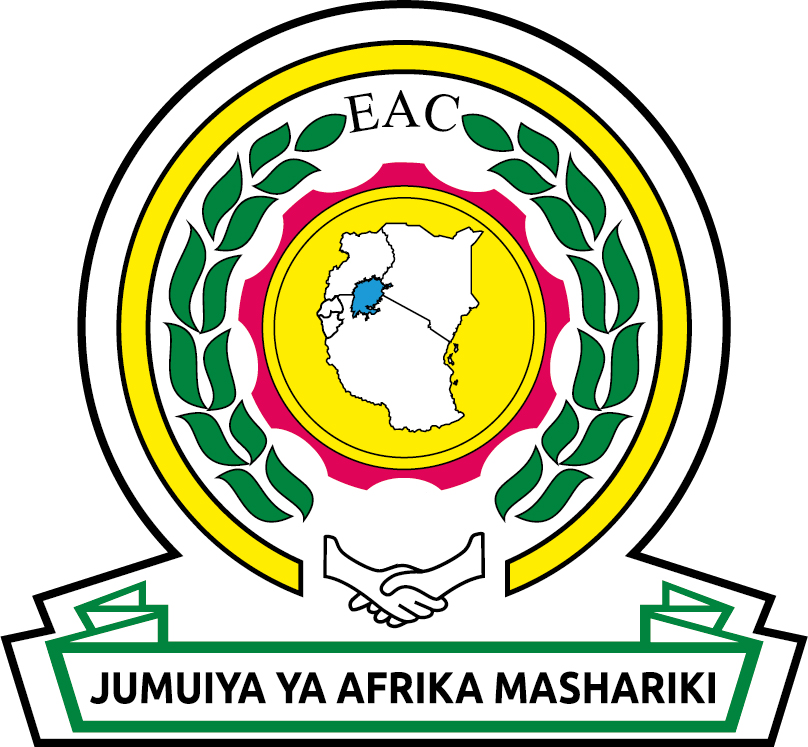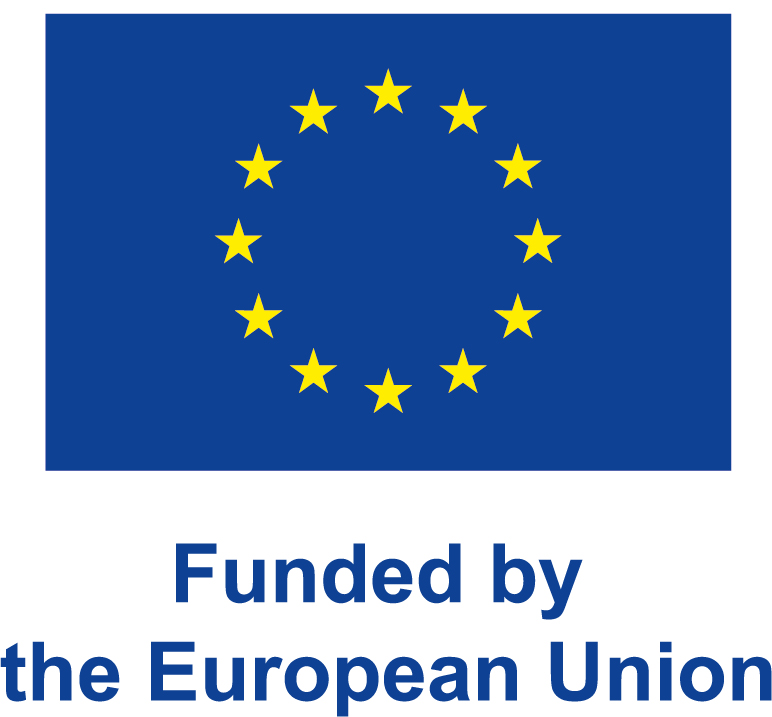Integrated Risk Management Training Programme
This training programme, developed under the EU-funded Market Access Upgrade Programme (MARKUP II) and tailored to the priorities of the East African Community (EAC) countries, is designed to strengthen border management capacities that safeguard compliance while facilitating trade.
The programme takes participants on a journey through Integrated Risk Management (IRM), from understanding its principles to designing effective systems and applying best practices at the border.
The curriculum is organized into three interconnected courses:
This course introduces the why of Integrated Risk Management (IRM). It builds a common foundation by unpacking the principles, objectives, and value of IRM as a tool to safeguard compliance while facilitating trade. Participants will explore how IRM strengthens regulatory systems, reduces duplication of controls, and supports national and regional policy objectives.
By the end of this course, participants will:
Modules:
- Module 1 Introduction to Integrated Risk Management
- Module 2 Risk Management Fundamentals
- Module 3 Integrated Risk Management as a National Strategy
This course moves from vision to design. It equips participants with practical methods and tools to develop risk-based systems, enforce compliance, and apply profiling and targeting.
By the end of this course, participants will:
Modules:
- Module 4 Risk Management in Regulatory Systems and Border Control
- Module 5 Risk-based enforcement and the Management of Non-Compliance Risk
- Module 6 The Basic of Profiling and Targeting. Identifying Dangerous Non-Compliance at the Border
This course brings IRM into action, focusing on how it is applied in real operational contexts. It explores best practices in customs and SPS, highlighting how agencies design, coordinate, and refine risk management at the border.
By the end of this course, participants will:
Modules:
- Module 7 Customs Risk Management




.png)